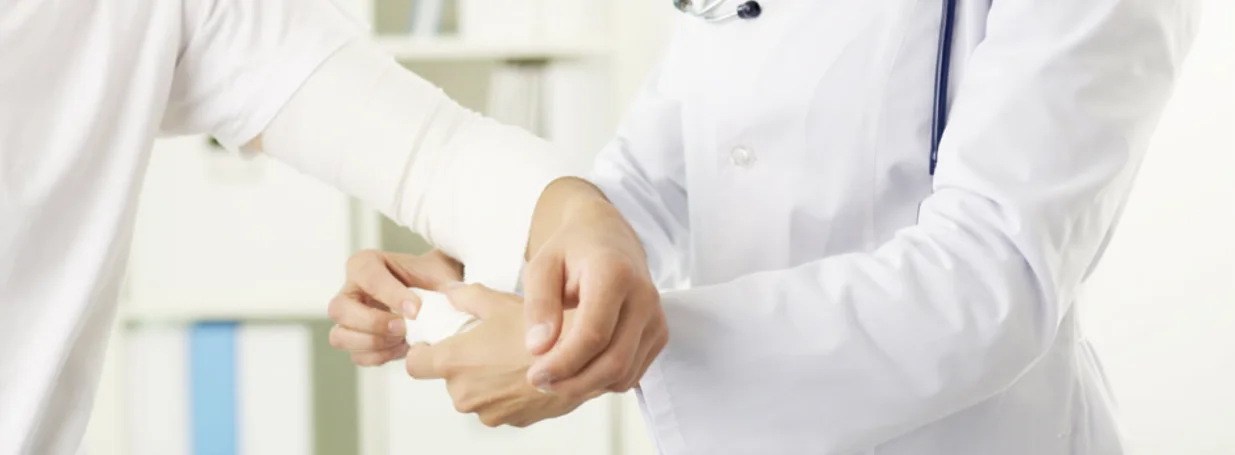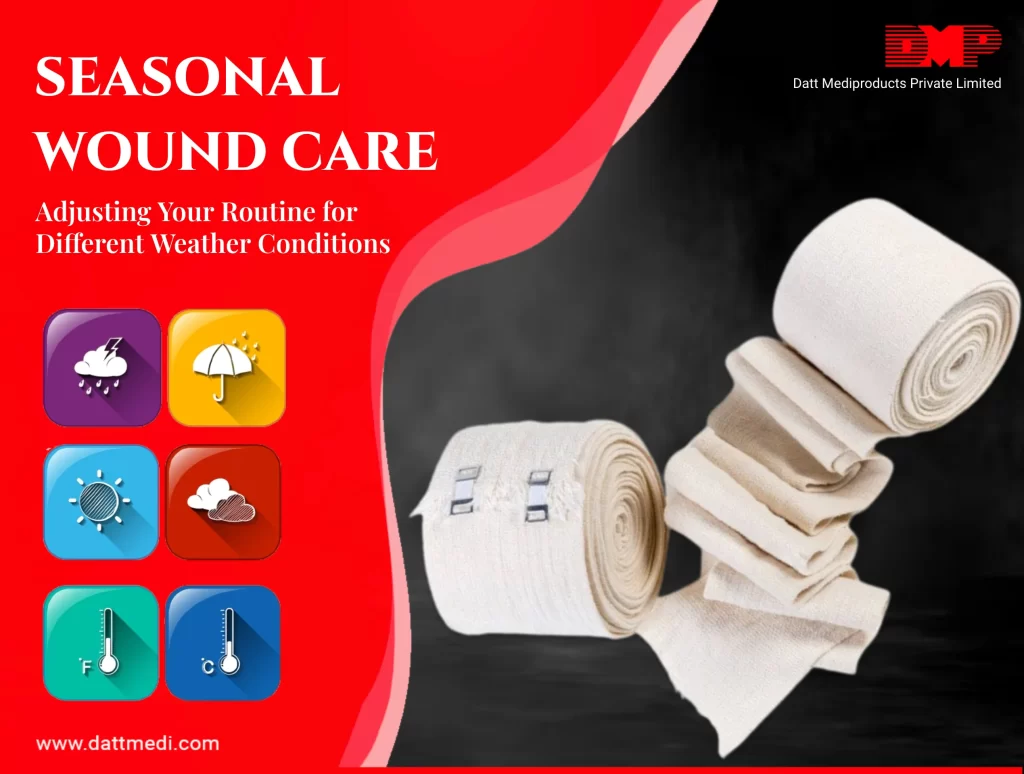
The human body requires regular care and maintenance in order to keep it in working order and free from ailments. By diagnosing some illnesses early further complications can be prevented, that is why it is advisable to get regular medical checkups done.
The human body is a complex machine and needs a lot of care and maintenance, especially if you have diabetes. Diabetes is an ailment, which can affect your entire body from eyes to feet. And in order to manage diabetes, it is necessary to go for the routine checkups and tests.
Let us gather some information about the regular checkups & tests, a diabetic patient should do and why.
A1C Test
A1C test is an important test that measures your average blood sugar levels over the past three months. This in turn let your doctor know whether your blood sugar is being controlled or not. According to the medical professionals, this test should be done twice a year. You should try to get your A1C test results close to 7 percent or below. Your doctor will let you know your goals and how to achieve it. A healthy diabetic diet and regular exercise are necessary to maintain these levels.
Blood Pressure checks
Diabetics are more likely to develop high blood pressure, which increases the risk of heart attacks and strokes. This is the main reason you should get your blood pressure checked every time you see your primary physician. In case you have high blood pressure then it is necessary to control it with the right medication and changed lifestyle.
Do you know – November 14 is World Diabetes Day
Cholesterol Test
If you have diabetes, it increases the risk of heart disease, that’s why should get your cholesterol checked as part of your yearly medical checkup or more frequently. If there is any anomaly in your cholesterol levels, then it is necessary to take steps to control it.
Foot Exam
A lot many people with diabetes lose the feeling in their feet and lower extremities. This is the reason it is necessary to get a complete foot exam done every time you visit the doctor. The doctor will check your reflexes and also your feet for any infections, calluses, sores or loss of feeling. You can also get the weekly examination of foot and back by caretakers at home but in certain cases, for example, an ulcer or a wound, then it is necessary to see a podiatrist.
Eye Exam
If you have diabetes, it is necessary to get a yearly eye exam done by an ophthalmologist. During an eye exam, your eyes will be dilated to see whether the high blood sugar has damaged your blood vessels. If problems like glaucoma, cataracts, and diabetic retinopathy are detected then it can help to preserve your vision.
Kidney Test
It is necessary to measure the levels of albumin and creatinine in your urine. The percentage will help your doctor to understand whether the kidneys are functioning properly. Usually, kidneys are the most susceptible to damage along with the eyes if you have diabetes and consistently high blood sugar levels.
Whether you have diabetes or not, it is necessary to use high-quality healthcare products, especially in the case of wounds and infections.
Datt Mediproducts offers a range of products like sterile gauze swab, laparotomy sponge, eye pad with adhesive borders sterile dressing kits, etc. These products go through rigorous tests to ensure the safety and efficacy. Most of the doctors prefer using Datt Mediproducts and they can also be used for home care of certain problems like wounds and infections. Visit www.dattmedi.com for more information.







